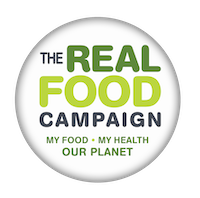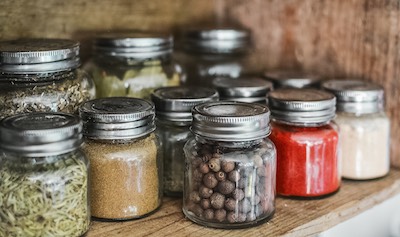Diversity, Gut health and our Microbiome
 Mother Nature loves diversity and dietary diversity is critical for our friendly microbes, which we are beginning to realise play a pivotal role in our overall health. We still have a lot to learn but it is becoming clear that diversity of the microbial populations themselves seems to be a crucial factor for health.
Mother Nature loves diversity and dietary diversity is critical for our friendly microbes, which we are beginning to realise play a pivotal role in our overall health. We still have a lot to learn but it is becoming clear that diversity of the microbial populations themselves seems to be a crucial factor for health.
It would seem that the more diverse our diet, the more diverse our microbes and the better our health.
Tim Spector, renowned microbiome expert has suggested we eat 30 different plant foods each week including nuts, seeds, herbs and spices.
Find out more:
Plant foods
Did you know that there are over 30,000 edible plants as listed on the Food Plants International Database?
Did you know that the world’s food supply depends on about 150 plant species, and of those 150, just 12 provide three-quarters of the world’s food?
And did you know that more than half of the world’s food energy comes from a limited number of varieties of just THREE ‘mega-crops’: rice, wheat, and maize?
Learn more on this topic: Facts & Figures on Food and Biodiversity
In the past nutrition advice has focused on macronutrients (carbohydrates, proteins and fats) and micronutrients – vitamins and minerals with recommendations for daily amounts. Scientists are now looking at thousands of plant chemicals that have a beneficial effect on our health – phytonutrients.
For more on this topic:
More to Explore
There is much more to explore with this topic so we hope to bring you information soon on:
- Heritage Varieties
- Seeds
- Wild Foods
- Herbs & spices
- Taste
- Animal foods
Dr. Lucy Williamson delves into the connection between the soil microbiome, and our own, and why farming methods matter. She explores what is meant by soil and gut health, and how the two are connected. And she demonstrates how to make a ferment, as well as answering your questions.


